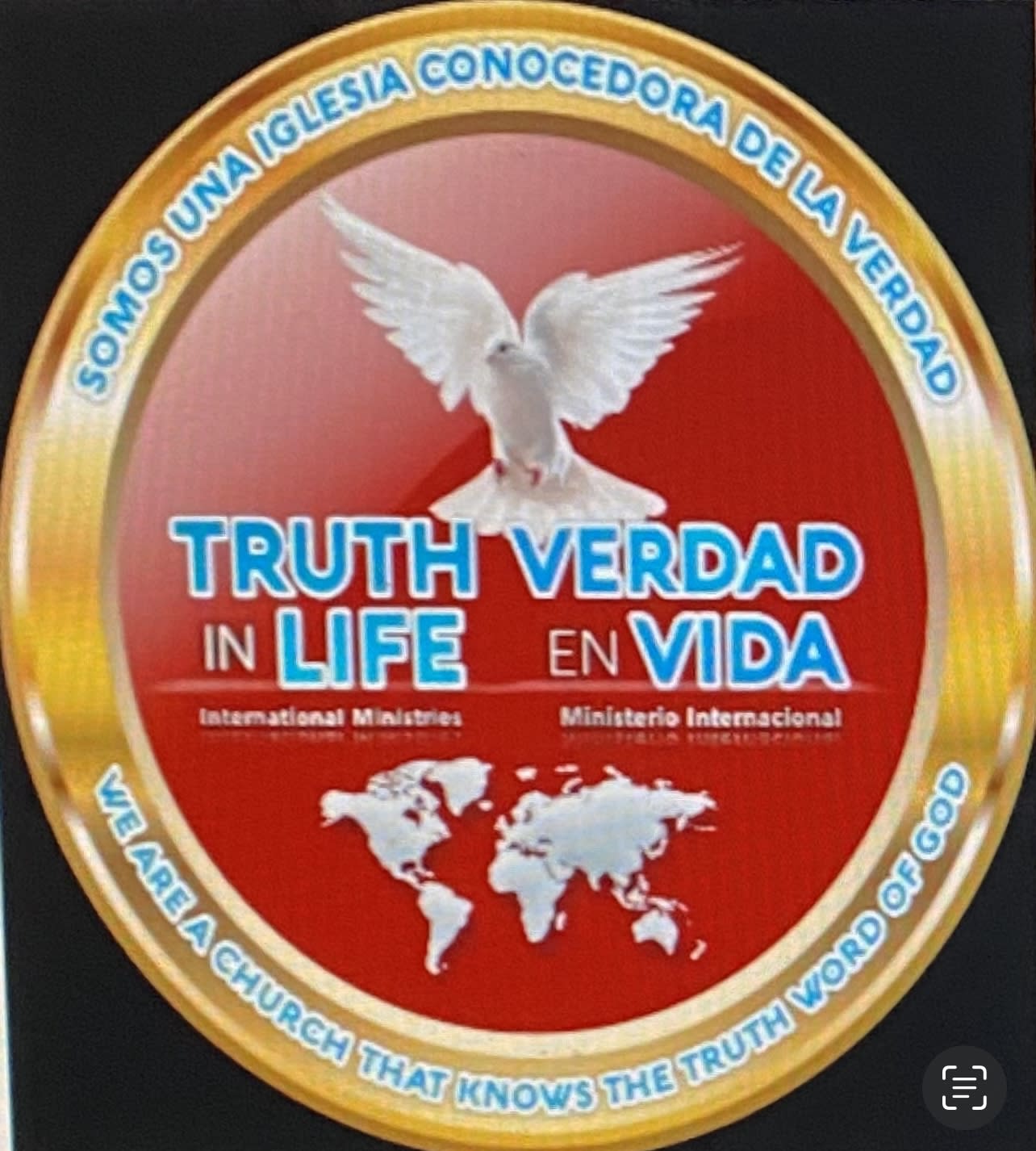Why is Religion Important in Life, in the Society, and in Our Country?

August 23, 2022
The importance of religion on an individual, societal, and national level varies greatly, but there are a few reasons why it remains important overall. People often crave a better understanding of the world and religion seeks to answer our questions as well as assign purpose to give life greater meaning. Religion can also bind together societies and nations; although, religion has also driven conflict amongst people and countries just as easily as it can bring those together.
Since the dawn of humanity, people have sought a connection with forces greater than their own. The mysteries and power of the natural world and the wonder of life making more of itself engendered creation stories across civilizations. A desire to touch the infinite and to ponder the unknowable led the human heart and mind to religion—and brought people together for this common purpose.
Since time immemorial, the teachers, sages, and prophets of religious faith have set into place ideas about how to live ethically and how to treat others. Religions have long provided a code of ethics within their respective cultures and societies—the earliest laws.
Today, religion is still important in global societies and in our country because communities of worship can provide not only great opportunities for spiritual and emotional growth but also a network of support to people in all phases of their lives. This sense of belonging is essential for human wellbeing.
Religion is important because it shapes people’s morals, customs, traditions, beliefs, and, ultimately, behavior.
Shared religious beliefs bind people together. References to the story of Noah’s Ark, for example, would be familiar to all members of the Christian religion. Not only that, it would be familiar to people who know about Christianity, even though they aren’t Christian themselves.
Differences among religions have sparked wars (the Crusades), divided countries (Pakistan), and spurred internal splits (Protestants v Catholics). Religion is so embedded in our collective conscious that year zero in our modern calendar is so designated because it is believed to be the date of the birth of Jesus Christ, the progenitor of the Christian faith.
Whether you, as an individual, are religious or not, it is important to recognize that many people are and to respect their beliefs.
Religion meets many different needs for people, societies, and nations, but there are some general statements that hold true in most cases.
First, human beings cannot understand the complexity of the world around them and crave explanations for that complexity. Religion answers that need. Second, human beings seek purpose in their lives, and religion gives many people that purpose. Third, people are frightened of the responsibility of making decisions and choices, and religion imposes a structure on those decisions and choices in a way that is comforting to many. Fourth, religion provides many of us with a moral or ethical framework, rules to live a good life, and the belief in consequences for having lived properly or not.
For societies and cultures, religion can act as a glue, binding people together with common beliefs, practices, and rituals. It also tends to promote cooperation amongst the people in a culture, providing for a triumph of the whole over the individual, which is a necessity for civilized life. In fact, recent archaeological finds suggest to anthropologists and sociologists that "civilization" did not truly begin until man "found" religion, that it was religion that prompted the building of societies.
Religion is a nation-building mechanism in history, even an empire-building mechanism, for example, the Holy Roman Empire, or most of Europe before Protestantism. To some degree, the Ottoman Empire is an example, too. Again, religion acts as a glue that can hold a nation or empire together. Today, we are seeing played out in some Arabic countries the dynamic of religion in nation-building. Will some of the newly democratic nations build on religion as their legal and national framework? In the United States today, there is a trend to want to characterize the United States as a Christian country, which is a problem because of the First Amendment to the Constitution, which prohibits the United States from being a nation with a religious framework. This creates tensions within our nation, making religion, in this case, a very ineffective sort of glue.
Of course, I want to emphasize that these are very general statements, since religion is as varied as mankind, and as complex.
Original Post: Why is Religion Important in Life, in the Society, and in Our Country?
Get in Touch
Faith Connection
Reach out to us for spiritual guidance, event inquiries, or any questions. We're here to support your faith journey.
